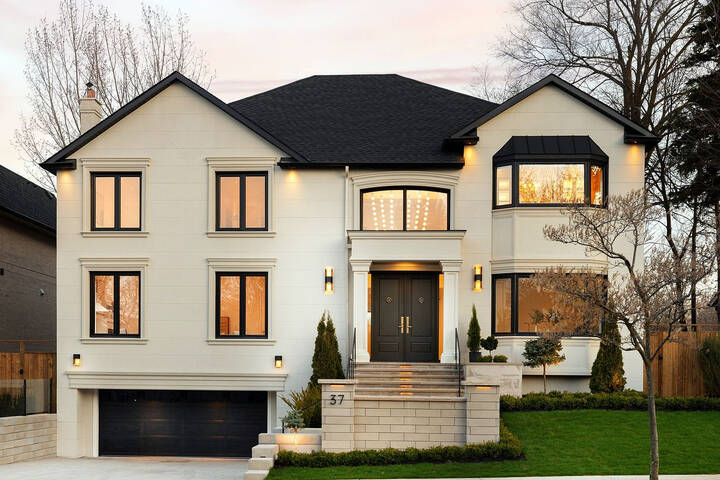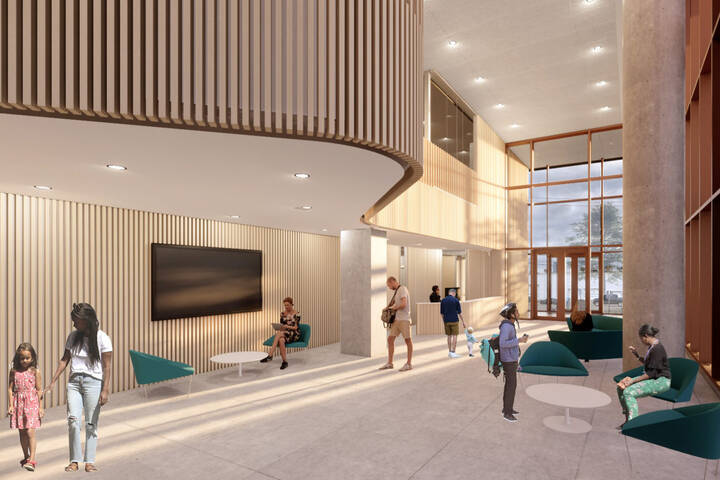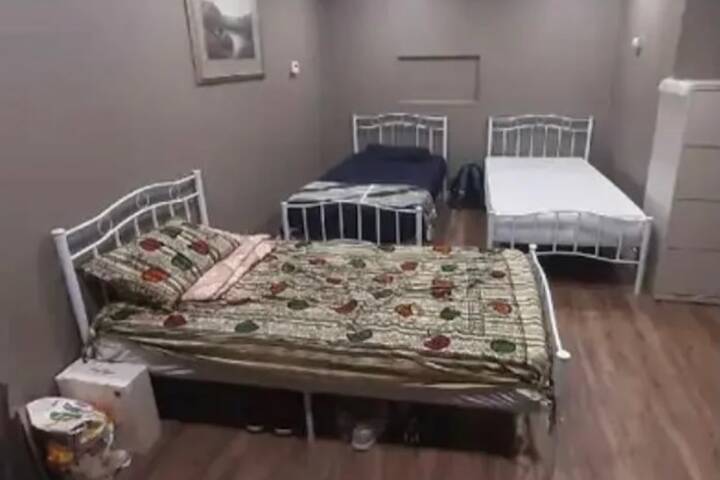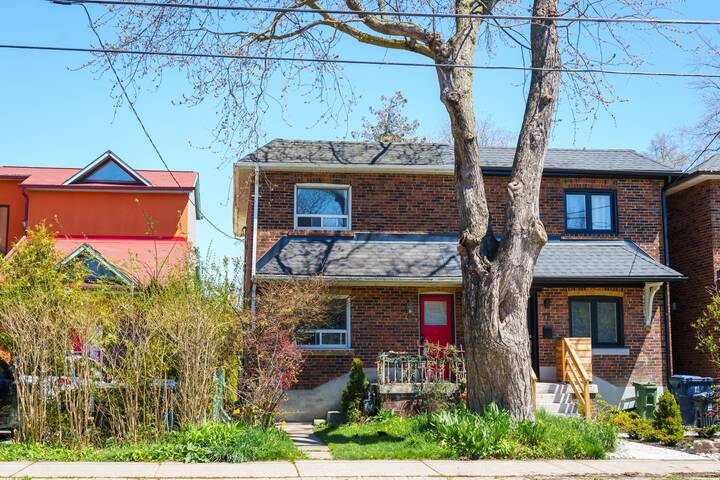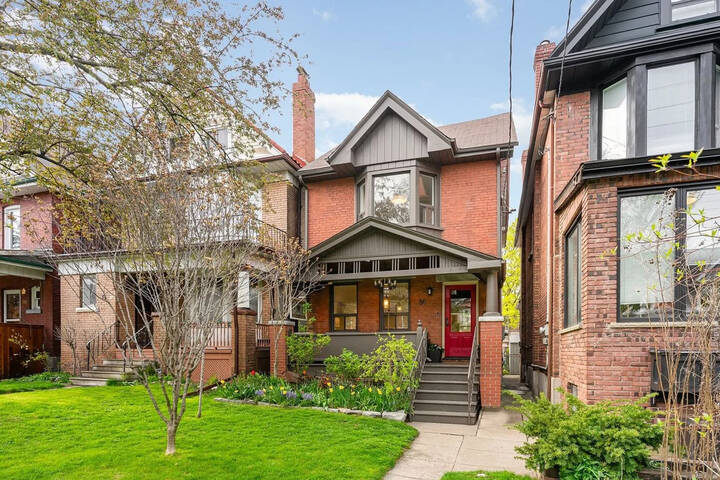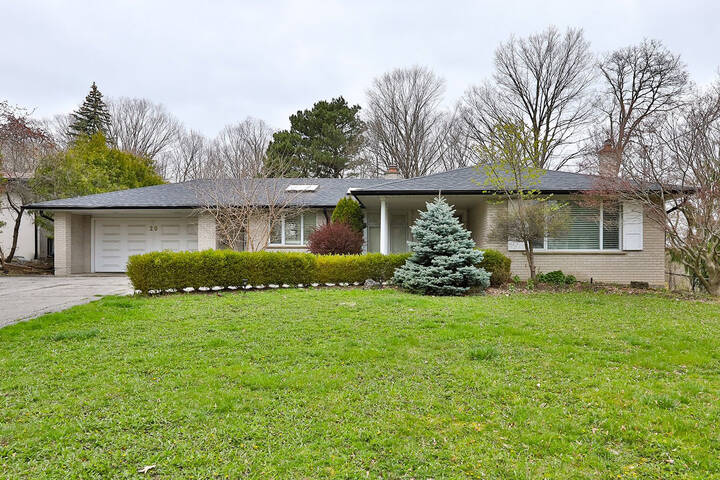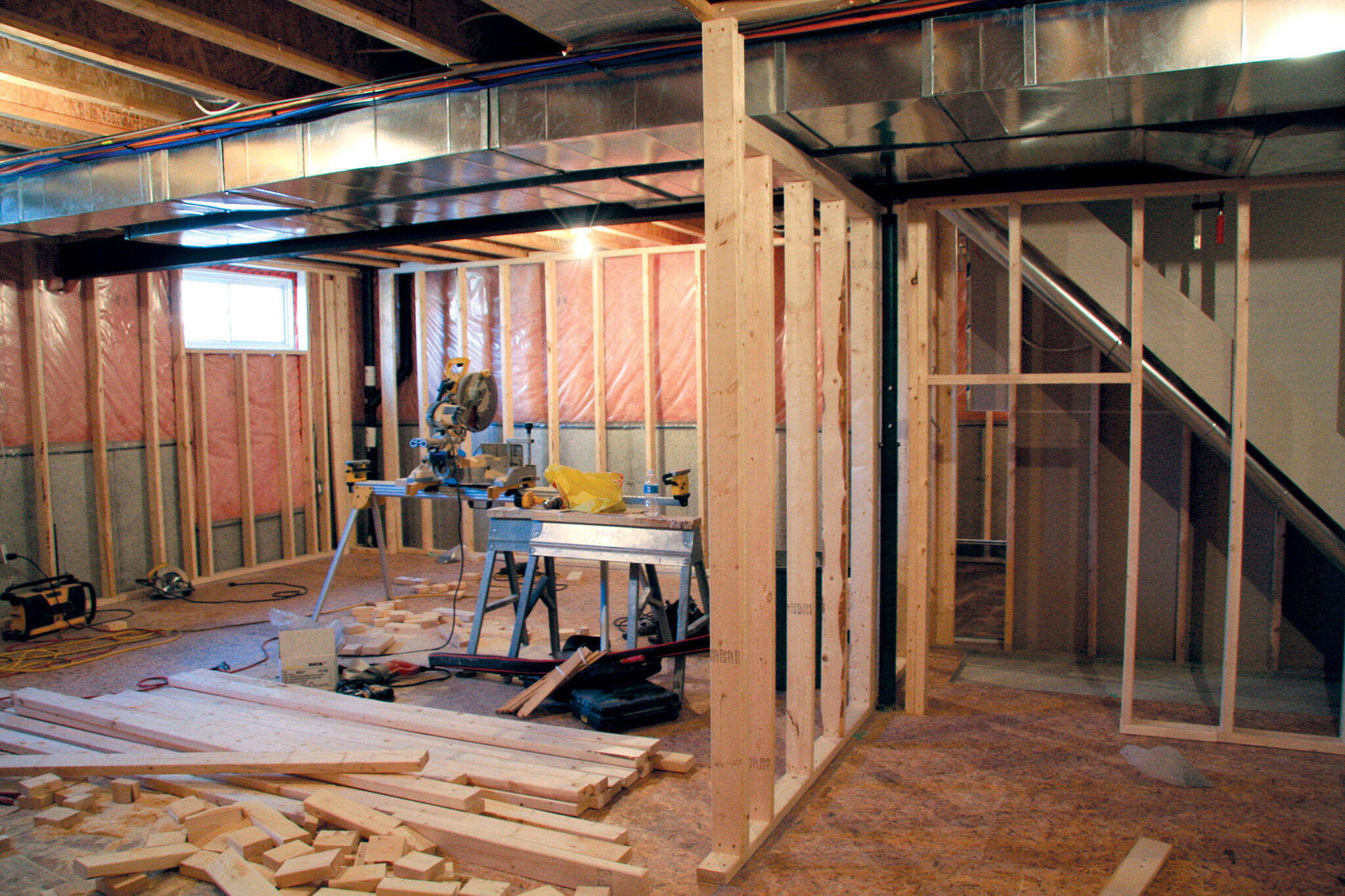
Permits and Codes you need to know for your basement renovation
Doing a basement renovation in Toronto? You'll find that there are many guidelines for basement upgrades relate to fire safety and flood prevention. Like kitchen and bathroom codes, there's a lot to think about when proceeding with a renovation on your basement.
Here is what you need to know about doing a basement renovation in Toronto.
The Basement Ceiling
The drywall used in between floors must be 5/8 inches thick, and it must also be fire rated.
Regular drywall used to build walls is typically ½ inch thick and made from gypsum, but fire-rated drywall contains fiberglass to create a tougher core.
In the event of a fire, the flames will take longer to burn through 5/8 inches of drywall, allowing more time for people in the home to escape. This is known as fire blocking.
According to Ontario's Fire Code, fire-resistant materials used in flooring, ceilings, archways etc. should allow for no less than 30 minutes of escape time should they come into contact with flames.
When installing the drywall panels for your basement ceiling, shops like Home Hardware and Lowes have all the materials you need for this stage of the renovation.
Alarms
As with any storey of a home, Ontario’s Fire Code mandates that all "sleeping rooms" are equipped with smoke alarms in their ceilings. Additionally, smoke alarms should be placed in the hallways connecting these rooms.
Carbon monoxide detectors must be built into the common areas such as the ceiling above staircases, hallways, or living rooms.
All carbon monoxide detectors and smoke alarms must be interconnected.
Smoke alarms should be installed so that they are permanently connected to an electrical circuit. Each smoke alarm must have access to a battery as an alternative power source in the event of a power outage.
Windows
In a fire or other emergency, the fastest route out of a basement dwelling is the window. For this reason, basement bedrooms must have egress windows.
Also called Emergency Escape and Rescue Openings, these windows must allow for at least 24 inches of height clearance once opened, and a minimum 20 inches of width clearance.
Basement egress windows cannot be more than 44 inches above the finished floor.
No one should have to use tools or exert maximum force to open an egress window. The whole process must be quick and easy to facilitate rescue operations or escapes.
In most cases, basement windows are built below ground level. These types of windows require window wells as well as a weeping tile – not to be mistaken for a ceramic tile.
A weeping tile is a corrugated pipe (or pipe with little holes in it) built at the bottom of the window well that drains into the surrounding soil.
People like to customize window wells to enhance the exterior of their home. You can find some inspiration on various websites.
Ceiling Height
If you are planning to increase the height of the ceiling, you will need to excavate the concrete floor or soil of your basement.
After this, you will need to pour a new concrete foundation.
This whole process requires a permit from the City; specifically, you will require a permit for residential underpinning. You can find all the documentation required for this type of permit online.
Additional Plumbing
Unless you build or fix houses for a living, the term drain stack may be new to you.
All plumbing lines in your home connect to a single line, and this is called the drain stack. Its purpose is to drain sewage out of your home.
In rare cases, the drain stack of a home will terminate above the basement floor.
If your new basement plan includes new plumbing systems for a kitchen or washroom, you will need to add a sewage ejector pump to tie in your basement's plumbing to the rest of your home.
Shutterstock
Latest Videos
Latest Videos
Join the conversation Load comments
